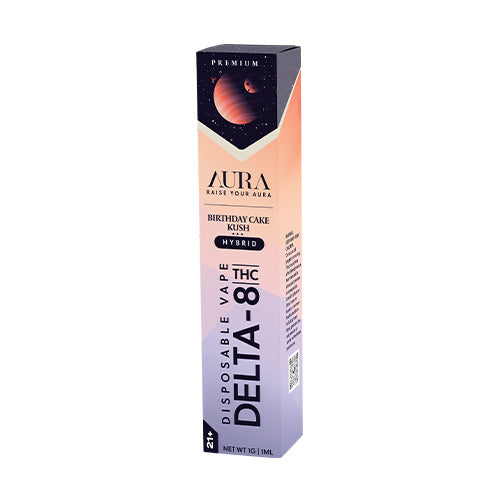Sleep Disorders and Cannabis: A Comprehensive Overview Introduction
For many individuals grappling with sleep disorders, finding effective solutions can be an arduous journey. With the growing interest in natural remedies, cannabis has emerged as a topic of intrigue. In this short blog post, we'll provide a comprehensive overview of how cannabis may impact various sleep disorders, shedding light on the potential benefits and considerations.
Some cannabis strains, particularly those with higher THC content, may offer sedative effects that can potentially aid in managing insomnia. However, individual responses vary, and the relationship between THC and sleep is complex.
- Sleep Apnea: Sleep apnea, a condition marked by pauses in breathing during sleep, may benefit from the anti-inflammatory properties of certain cannabinoids. Research suggests that cannabis could potentially alleviate inflammation in the airways, improving breathing patterns.
- REM Sleep Behavior Disorder (RBD): Some studies indicate that cannabinoids, particularly CBD, may help regulate REM sleep, potentially reducing the occurrence of disruptive behaviors associated with RBD.
- Restless Leg Syndrome (RLS): RLS is characterized by uncomfortable sensations in the legs, often relieved by movement. Cannabis, with its potential muscle-relaxing properties, might offer relief to individuals experiencing discomfort due to RLS.
- Narcolepsy: While research on cannabis and narcolepsy is limited, some individuals report improved daytime alertness and reduced symptoms of cataplexy (sudden loss of muscle tone) with cannabis use.
Considerations:
Individual Responses: The effects of cannabis on sleep disorders can vary widely among individuals. Factors such as dosage, strain, and an individual's overall health contribute to these differences.
Consulting Healthcare Professionals: It's crucial to consult with healthcare professionals before incorporating cannabis into a sleep regimen, especially if you have pre-existing conditions or are taking other medications.
Choosing the Right Strain: Strain selection is key. Indica-dominant strains are often associated with relaxation and sedation, making them potentially beneficial for sleep disorders.
While cannabis shows promise in managing certain sleep disorders, more research is needed to establish clear guidelines. Individualized approaches, informed by professional advice, can help navigate the complexities of using cannabis for sleep disorders. As perceptions evolve, cannabis may become a valuable tool in the comprehensive toolkit for addressing various sleep-related challenges.
Sweet dreams await those willing to explore the potential benefits responsibly and with informed guidance.
FREQUENTLY ASKED QUESTIONS
CBD capsules, pills or softgels support your body’s Endocannabinoid System (ECS), which helps regulate your natural inflammatory response, stress response, immune function, and sleep cycle so you can better manage stress, burnout, irritation, and discomfort.
Each form of CBD takes a different route through your body, impacting how long it takes to interact with your Endocannabinoid System (ECS) and how long it takes to work varies depending on a combination factors: metabolism, weight, and whether you've recently eaten can influence how long it takes CBD capsules to take effect. It is important to note that CBD builds up in the body over time, meaning that committing to your daily suggested amount is key to the long-term success with your CBD product of choice. Try taking the recommended amount on the packaging for 30 days. You can always adjust the amount as needed — you know your body best.
Understanding the suggested amount of CBD for you starts with understanding how CBD interacts with the body and brain, and particularly with the Endocannabinoid System, also called the ECS. To learn more, checkout How Long Do CBD Capsules Take To Work?
CBD capsules and CBD softgels are best taken at a consistent level for you to understand what works best for you — you know your body best. Try starting with the recommended amount on the packaging, and monitor how you feel over the next 30 days. If you aren't satisfied with the results, try gradually increasing or decreasing the number as needed.
Selecting a CBD product is an individual decision based on your overall wellness goals. CBD capsules are easy-to-swallow pills similar to a vitamin so you don't need to guess how much to take. CBD oils, such as tinctures, commonly use carrier oils including olive oil or medium-chain triglyceride (MTC) from coconut or hemp seed oil which might not taste good. And let's face it, oils are a little messy, and measuring out a precise amount from a small bottle with a dropper might not be an easy task. Unless the CBD in a CBD oil has been optimized for bioavailability, CBD oils won't be absorbed by the body and all the benefits may not be felt.

